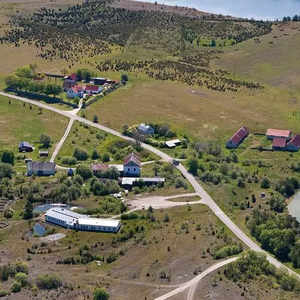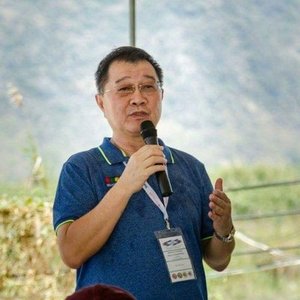A new European research project, DIGIRAS, led by SINTEF Ocean, will try to solve several challenges related to land-based aquaculture. Eleven partners from five countries are participating, including NMBU, AKVA group and SINTEF, among others.
The project will test five fish species, salmon, arctic char, seabream, seabass and Seriola, in RAS facilities and will study microbial communities in the facilities and on the fish, establish strategies to improve water quality, develop sensors and study the fish's welfare with camera systems and artificial intelligence.
Microbial communities in the farms and on the skin and gills of fish will be studied with next- and third-generation sequencing technology. “The goal is to identify bacterial species that are important for maintaining good water quality and, at the same time, find those that can threaten the health of fish,” said Roman Netzer, researcher at SINTEF.
The risk of mass mortality is particularly high in facilities that use seawater. It contains sulfate, and then the highly-toxic hydrogen sulfide (H2S) can be formed by certain bacteria, which often occur naturally in water and biofilm. The number and activity of these bacteria will be analyzed using molecular biological methods such as real-time quantitative and digital PCR. Researchers aim to develop a portable sensor for accurate analysis of H2S based on nanomaterials.
In addition, underwater camera systems will be used to monitor the behavior of fish. The goal is to develop a warning system that alerts water quality changes before the fish are damaged. Using artificial intelligence, researchers hope to be able to see at a very early stage whether fish are feeling uncomfortable, for example, due to toxic hydrogen sulfide. Similar algorithms have already been developed and tested in salmon cages and will now be used for monitoring fish in RAS facilities.
The team also aims to solve the off-flavor of fish raised in RAS facilities through new water treatment methods. During the project, large amounts of completely different data will also be collected, ranging from water quality over DNA sequences and videos, that researchers will use to make RAS farms more digital and controllable.













